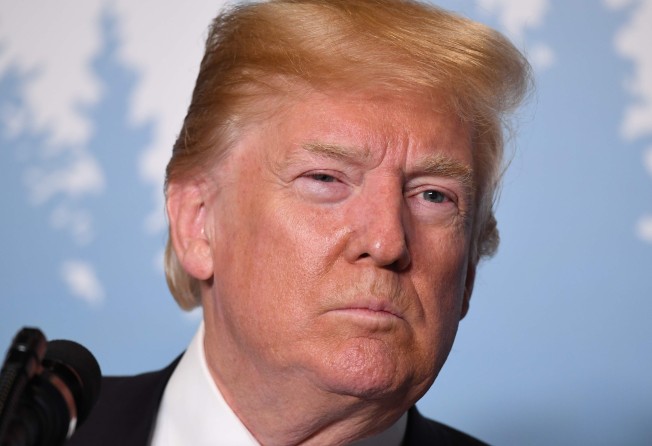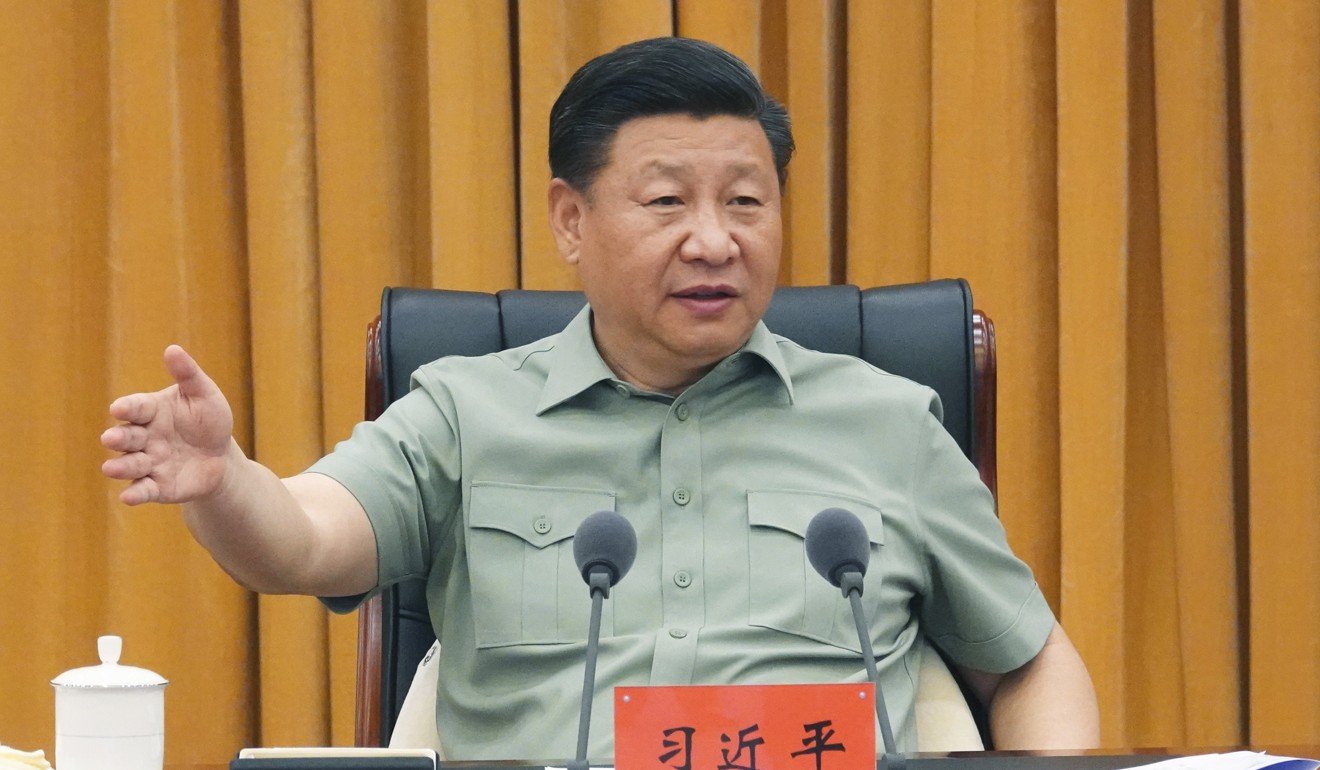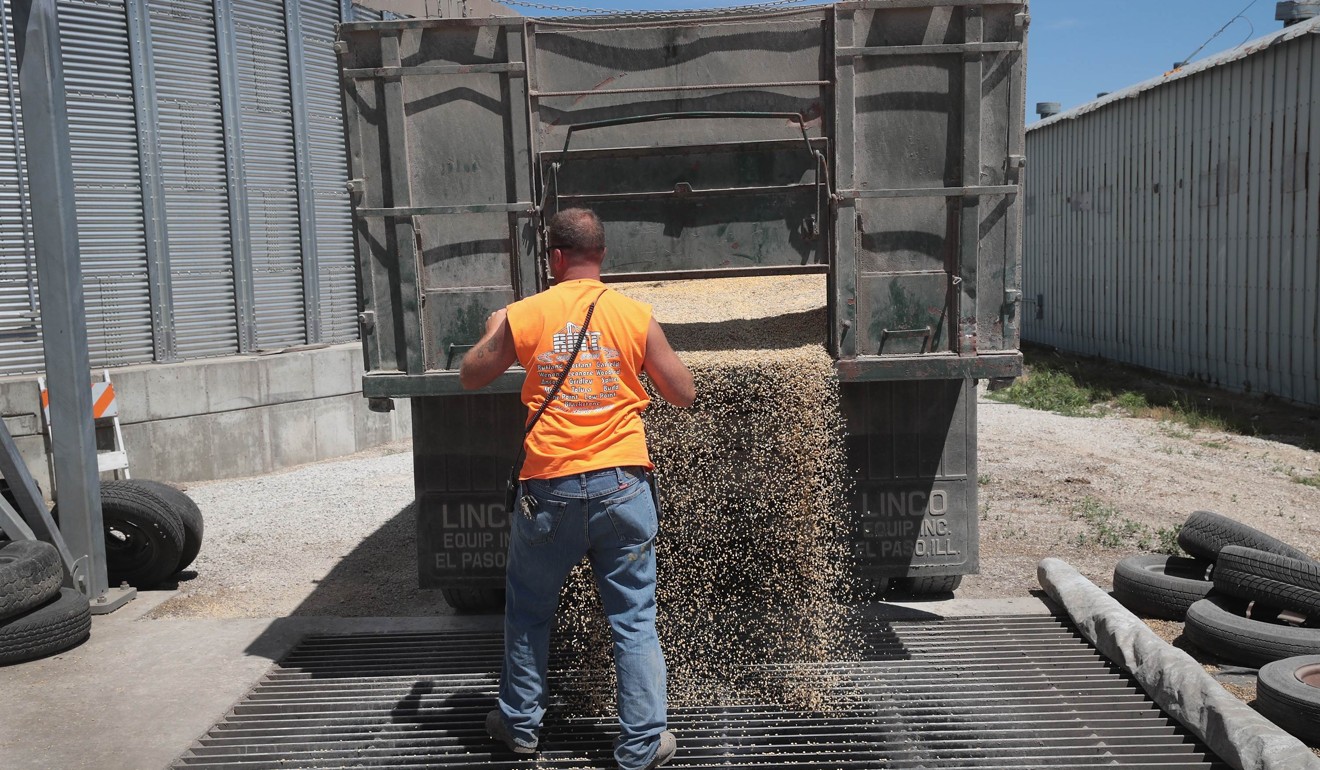Talk not tariffs is the only way to ensure free, fair trade
The US needs to find a better way of accommodating China’s economic rise than undermining a trading system that is fundamental to growth and prosperity

The decision by the United States to turn away from negotiation and go ahead with new tariffs of 25 per cent on US$50 billion of Chinese imports, if not reversed soon, may yet be seen as a decisive step towards a global trade war.
It is also a textbook example of how futile and self-defeating such punitive protectionism is.
This is not just because China felt compelled to respond immediately with a two-stage retaliation beginning with tariffs on US$34 billion worth of American farm products and cars, or because US President Donald Trump said he would respond with yet more tariffs on Chinese goods, or because evidence is already emerging of the reality that such levies inflict economic self-harm.
It is also because Trump’s decision has unwound progress in talks on trade and economic issues in a bid to head off a trade war, including China’s offer to buy US$70 billion worth of American agricultural and energy products if Washington dropped the new tariffs. Beijing has made clear that any deals are off.
The Trump administration may have thought this did not go far enough towards addressing their obsession with the large US trade deficit, but Trump the property tycoon is supposed to be good at negotiating better deals.
Abrupt flip-flopping over outcomes and a spirit of consensus in negotiations hardly seems the way to go about it.
Trump’s boast that trade wars are good and easy to win when a country is losing billions in trade is not borne out by the fallout from skirmishes so far.

Rather, the adage that there are no winners, only losers, from trade wars prevails. The tariffs on steel and aluminium products from traditional trade allies as well as China, announced earlier, are already wreaking economic damage in the US among producers who use imported steel products in their operations.
Regions affected include electoral districts that came out strongly for Trump’s America-first policies in the 2016 presidential election.
If this affects voter sentiment, Trump may one day have to reconcile the populist campaign slogan of “America first” with the political imperative of “Trump first”.
Meanwhile, since China is the largest consumer market, American businesses are bracing for the effects of a trade war. Their spokespeople rightly call for more talks, not tariffs.

Analysts say Beijing has not dismissed the possibility of more talks in the three weeks before both sides’ tariffs take effect.
So, hopefully, given Trump’s unpredictability, they could be talking again soon. A full-blown trade war may be a way off yet, but the skirmishes are doing nothing to entice multinationals to make cross-border investments and therefore are not good for free trade.
China needs to continue opening up its economy. The US needs to find a better way of accommodating its rise than undermining a trading system that is fundamental to growth and prosperity.